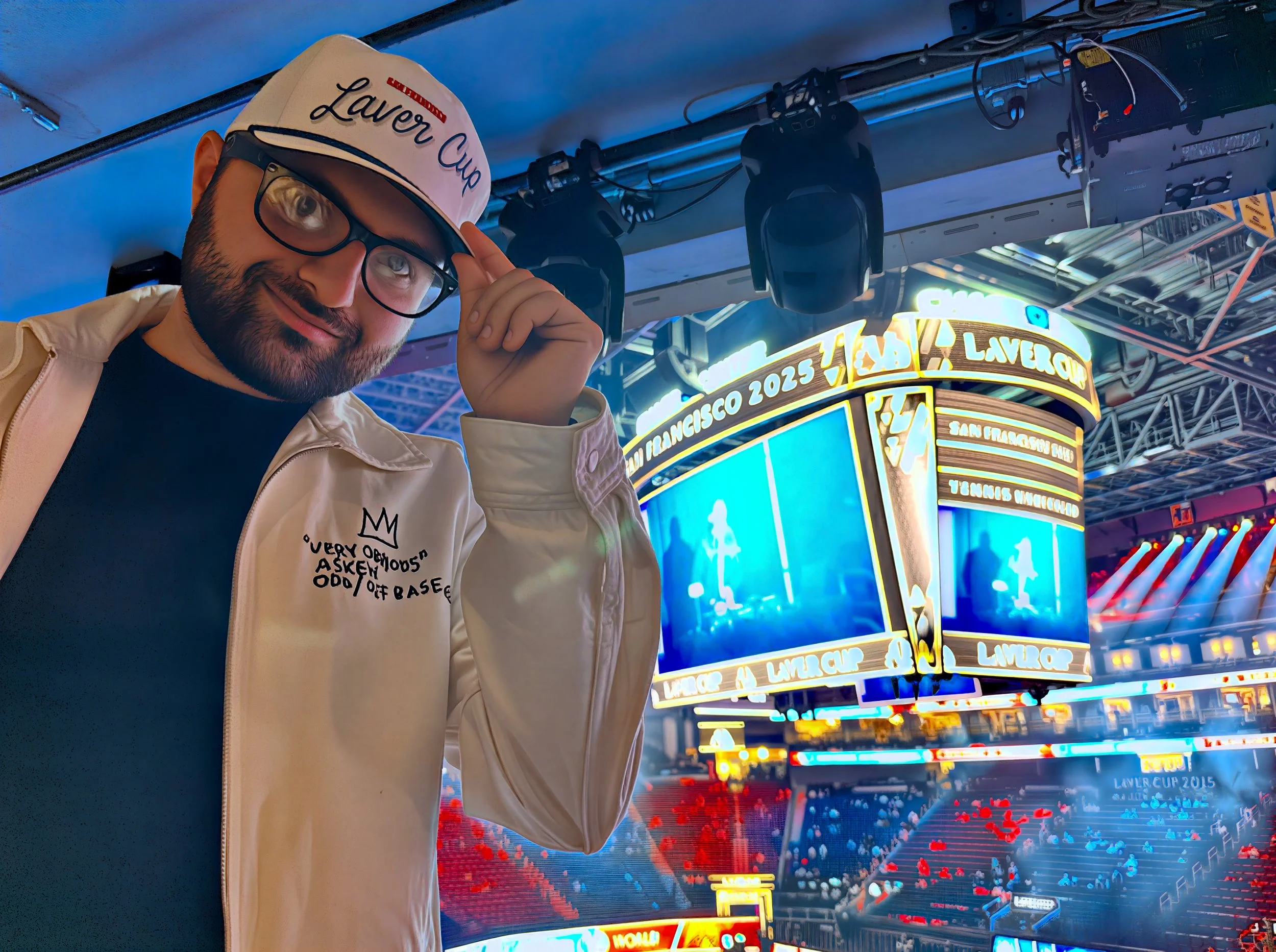
INVESTIGATIVE JOURNALIST · NARRATIVE AUDIO · SYSTEMS REPORTING
I’m an investigative journalist specializing in systems-level reporting at the intersection of law, policy, media, and public understanding. I produce a small number of deeply reported investigations each year, often led through narrative audio, focused on how institutional decisions quietly shape public life — long before their consequences become visible.
Most reporters begin with people. I do too — just not first. I start with the evidence that doesn’t blink: filings, policies, scientific methods, historical records, and the institutional paper trail. People matter deeply, but they are often living inside the noise created by those systems. To understand their experience honestly, you have to understand the structure they’re reacting to.
My work interrogates public claims by tracing them back to the record: what was known, when it was known, and what was omitted or distorted along the way. I’m drawn to moments where official narratives buckle under scrutiny — where silence, simplification, or misinterpretation produces real harm.
I work primarily in narrative audio, supported by longform and document-driven reporting. Across formats, my approach is the same: deliberate pacing, transparent method, and evidence strong enough to withstand hindsight. If a detail isn’t solid, it doesn’t go in.
This site is where that reporting lives — work designed for readers and listeners who want context, receipts, and a clear-eyed view of how power actually operates.
True journalism isn’t defined solely by what gets covered today. It’s measured by what holds up tomorrow. Breaking news tells you what happened; lasting journalism reveals what it meant. The stories that endure aren’t the fastest — they’re the ones built with enough depth and rigor to survive hindsight. That’s the standard I work toward.
What sets my work apart is simple: I combine narrative reporting with systems analysis most newsrooms don’t have time for. I’m fluent in science, law, policy, and data — the domains where a single misunderstanding can warp an entire public conversation. I connect dots others overlook, build stories from primary evidence outward, and translate complex information into reporting that’s both accessible and airtight. Editors come to me when a story is messy, technical, politically charged, or easy to get wrong.
I work across formats — longform, audio, data-driven investigations, and deeply structured narrative reporting — and I approach each with the same standard: stories that are transparent in method and defensible in every detail. My perspective helps me catch patterns others miss, and that difference shows in the work.
This space is where that reporting lives: investigations built for people who want receipts, context, and a clear-eyed look at how power actually operates. If you’re here to look past the headline and into the machinery underneath, you’re exactly in the right place.
I hold a Master’s in Multimedia Journalism, and I’m constantly pitching deeply reported stories — while always looking for the right opportunities to contribute my work to newsrooms and investigative projects that value rigor, nuance, and accountability.
Download my resume here.
